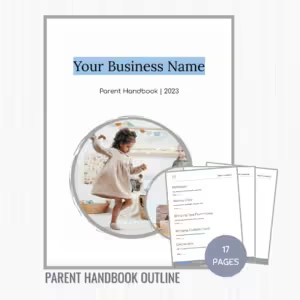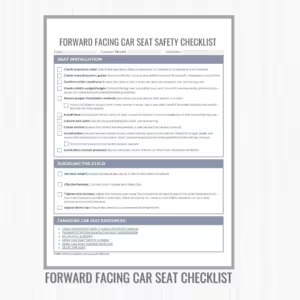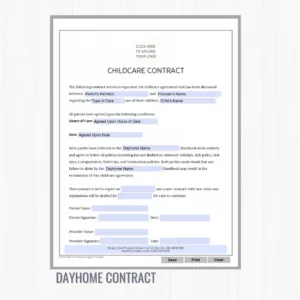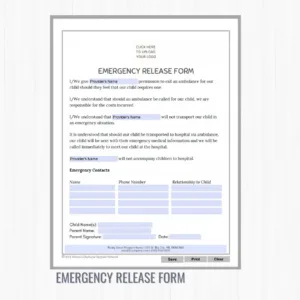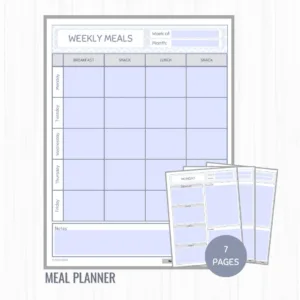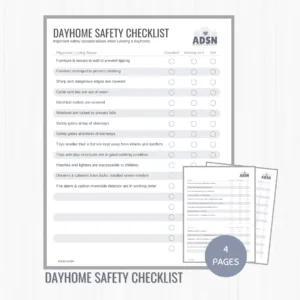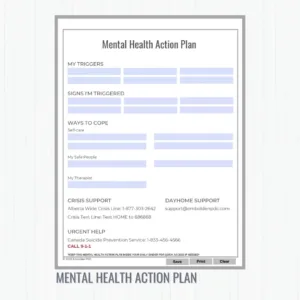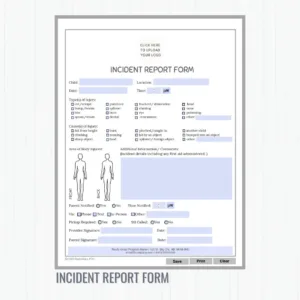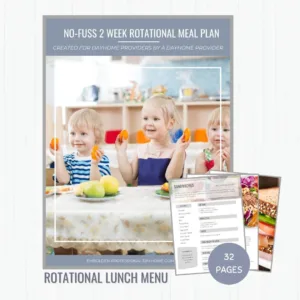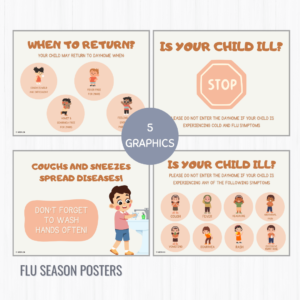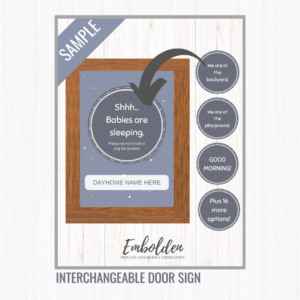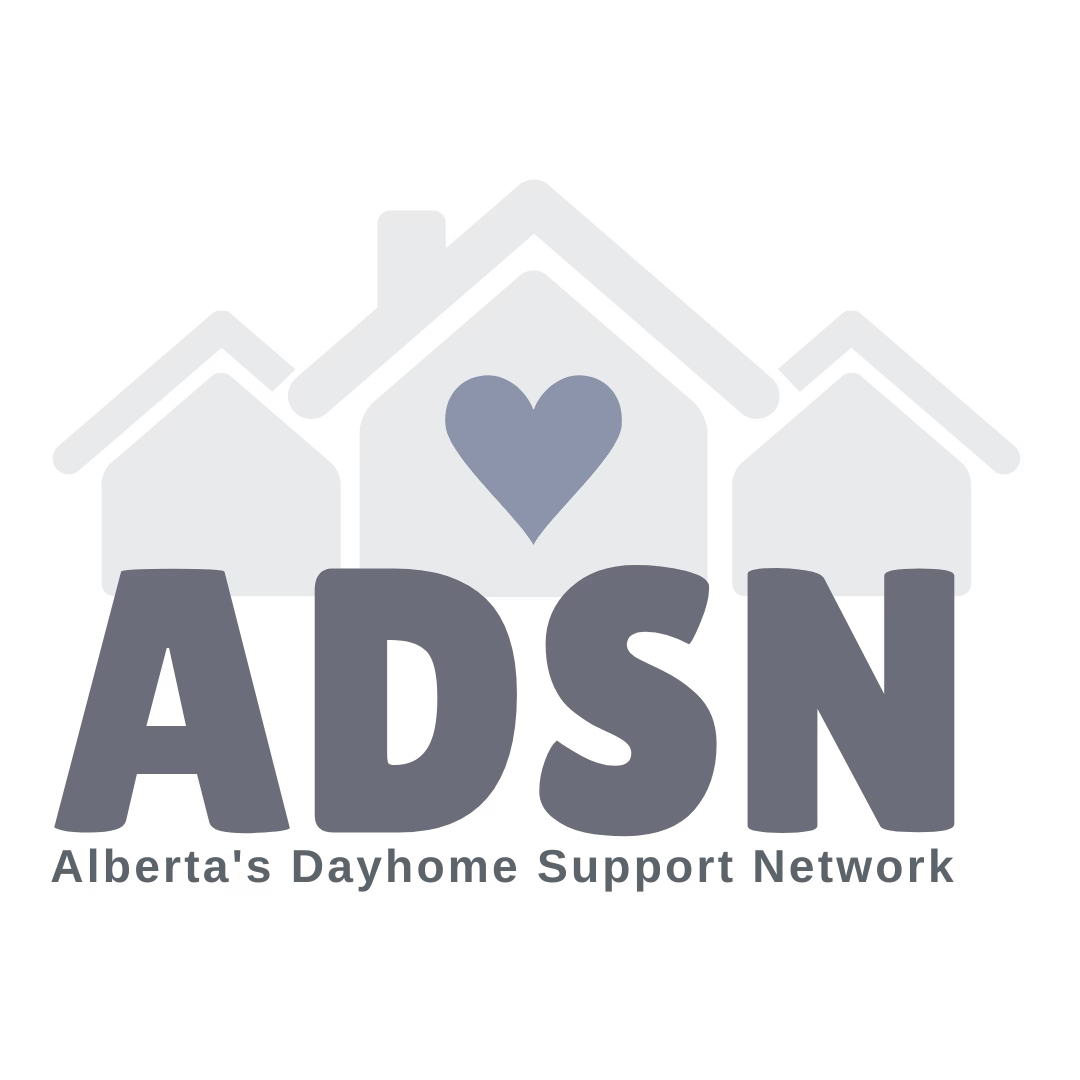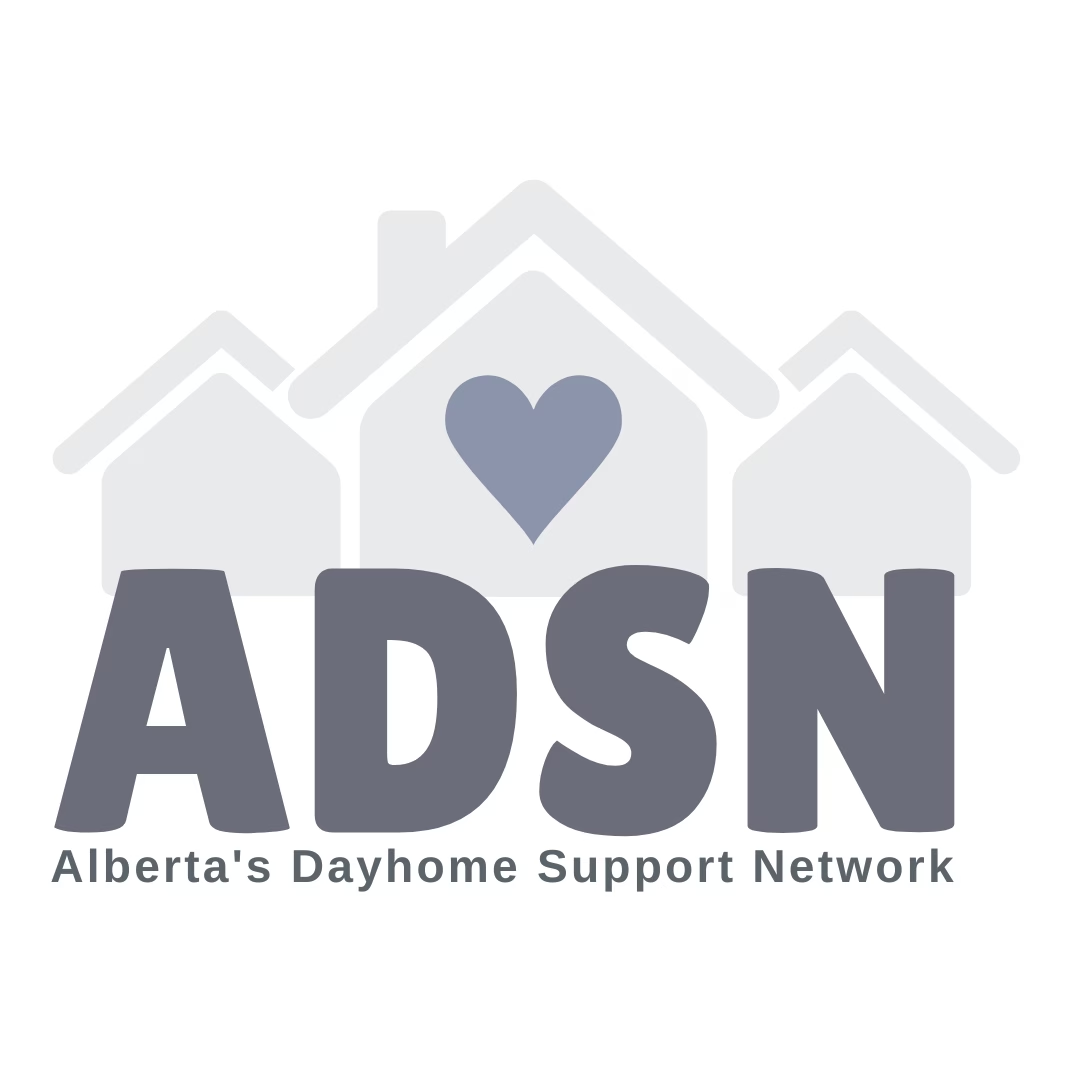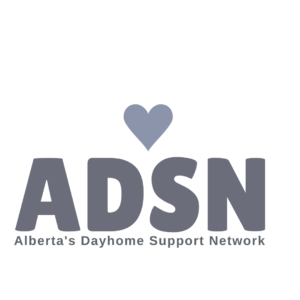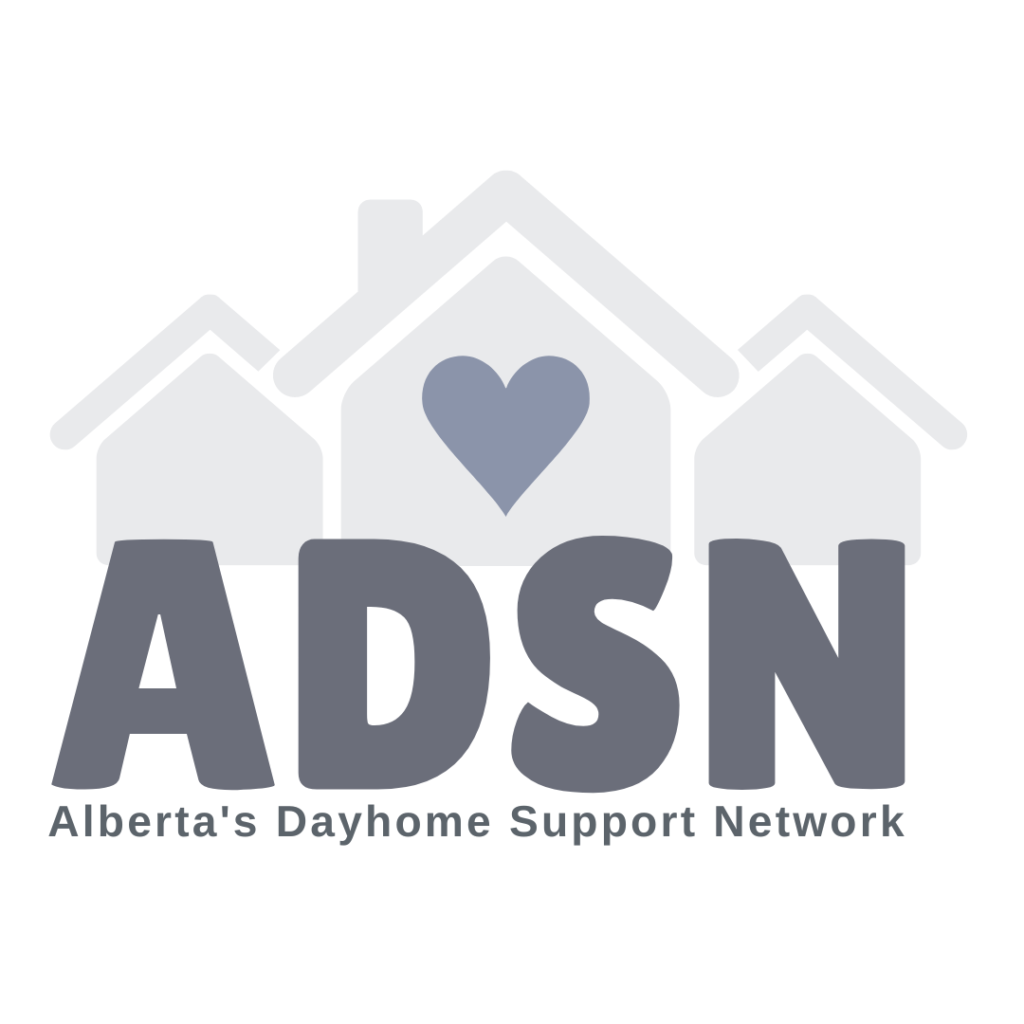Banish Burnout: Support for Dayhome Providers
Combat stress, burnout, and isolation with tools, resources, and community support tailored just for you.
HOW WE CAN HELP
Running a dayhome is rewarding, but long hours, minimal breaks, and limited adult interaction can lead to stress, isolation, and career burnout. These challenges affect both your well-being and the quality of care you provide. At ADSN, we recognize these struggles, and we’re here to help. Here are some ways we can support you.
1. Banish Burnout Virtual Networking Sessions
2. Resource and Information Sharing
3. ADSN Online Community Forum
4. ADSN Facebook Group
5. Banish Burnout Guide

UNDERSTANDING DAYHOME PROVIDER BURNOUT
Burnout among dayhome providers is a common yet often overlooked challenge. The nature of the work—long hours, minimal breaks, and limited adult interaction—can lead to chronic stress and feelings of isolation. Providers frequently juggle childcare responsibilities, administrative tasks, and family expectations, leaving little time for self-care.
Over time, the continuous demands of the job can result in emotional exhaustion, decreased job satisfaction, and even physical health issues. Left unaddressed, burnout not only impacts the well-being of the provider but can also affect the quality of care offered to children. Recognizing the signs of burnout and taking proactive steps to combat it is crucial for sustaining a healthy, fulfilling career in childcare.
Signs of Burnout for Dayhome Professionals
Recognizing the signs of burnout early can help you take action before it impacts your well-being or the care you provide. Some common indicators could include:
Emotional Exhaustion: Feeling drained and unable to cope with the daily demands of running a dayhome.
Loss of Passion: Struggling to find joy or motivation in planning activities and engaging with children.
Physical Symptoms: Persistent headaches, muscle tension, digestive issues, or trouble sleeping.
Increased Irritability: Feeling more short-tempered or frustrated than usual, even over minor issues.
Isolation: A sense of loneliness due to limited adult interaction and support.
Decreased Patience: Struggling to maintain the calm and nurturing demeanor you once had.
Self-Doubt: Questioning your abilities as a provider or feeling like you’re failing your dayhome families.
Difficulty Concentrating: Finding it hard to focus on tasks like planning meals, organizing activities, or keeping up with paperwork.
Work-Life Imbalance: Spending all your time on dayhome responsibilities with little or no time for personal needs or family.
Dreading Workdays: Feeling a sense of dread as the weekend ends or before the start of each workday.
Common Causes of Burnout in Dayhome Providers
Dayhome providers face unique challenges that contribute to burnout. These can include:
- Long Hours Without Breaks: Caring for children all day with little to no downtime can feel exhausting.
- Minimal Adult Interaction: Working alone and without much adult interaction can feel isolating over time.
- High Emotional Demands: Constantly supporting children’s emotional and developmental needs and possible dysregulation can be dysregulating for the providers themselves.
- Balancing Multiple Roles: Providers juggle childcare, administrative duties, cleaning, and meal preparation. This can feel like a large undertaking and contributes to stress.
- Blurred Work-Life Boundaries: Operating from home makes it hard to “clock out.” Grocery shopping, parent communication, paperwork, and other administrative tasks often spill over into evenings and weekends, leaving little room for providers to truly disconnect and recharge.
The Impact of Burnout
Burnout doesn’t just affect you—it can impact the children in your care. Symptoms like reduced patience, diminished enthusiasm, and lack of energy can lead to a less nurturing environment. Recognizing the signs of burnout early is essential to addressing it before it takes a toll on your well-being and the care you provide. By identifying the warning signs, you can take proactive steps to regain balance, prioritize self-care, and create a healthier work environment. Addressing burnout early not only protects your mental and physical health but also helps you maintain the energy and enthusiasm needed to continue providing quality care to the children and families who rely on you.
Proactive Strategies to Combat Burnout
Taking care of yourself is not selfish—it’s essential. Here are actionable steps to help you banish burnout:
- Set Clear Boundaries: Clearly defining your work hours is crucial for maintaining a healthy work-life balance. Decide when your dayhome opens and closes, and ensure you adhere to these times consistently. Communicate these hours to the families you serve from the very beginning to set expectations and avoid misunderstandings. It’s also important to enforce boundaries around other tasks like responding to messages, emails, or phone calls from parents. Let families know that communication outside of your defined work hours will be addressed during business hours. By setting and sticking to these boundaries, you protect your personal time and ensure you have space to rest, recharge, and focus on your own well-being. Establishing these limits shows families that while you are dedicated to their children’s care, your time and energy also need to be respected.
-
Schedule Regular Breaks: Taking breaks during the day might feel impossible in the demanding world of running a dayhome, but even short moments can make a big difference in reducing stress and boosting energy. Incorporating breaks doesn’t always mean stepping away completely—it’s about finding creative ways to pause and recharge within the flow of your day.
For example, during children’s free play time, take a moment to enjoy a hot cup of tea or coffee while keeping an eye on the group. Use naptime or quiet time as an opportunity to sit down, stretch, or even read a few pages of a book. Incorporate physical movement by stretching or doing light exercises while supervising the children during outdoor play. Even small activities like deep breathing exercises while preparing meals or listening to calming music in the background can provide a sense of relief.
The key is to plan for these moments intentionally. Set reminders or alarms to prompt yourself to take a break, even if it’s just a couple of minutes. By making these short breaks part of your routine, you give yourself the space to decompress and approach the rest of your day with renewed energy. These small, consistent pauses add up and help you maintain a healthier and more sustainable work environment.
-
Prioritize Self-Care: Taking care of yourself is not a luxury; it’s a necessity for maintaining your mental, emotional, and physical well-being as a dayhome provider. Incorporating self-care into your daily routine helps you recharge and handle the demands of your work with greater energy and focus.
Start by carving out time for activities that nourish you. Regular exercise, even if it’s just a short walk, can boost your mood, increase your energy levels, and reduce stress. Try fitting in some stretching or light yoga in the morning or after the children leave for the day. Mindfulness practices like deep breathing exercises, meditation, or journaling can help center your thoughts and create a sense of calm, even on the busiest days.
Don’t forget the importance of hobbies and activities that bring you joy. Whether it’s reading, crafting, baking, or gardening, these moments allow you to reconnect with yourself and step away from the demands of your dayhome. Scheduling time for these activities—even if it’s just 15 minutes—sends a message to yourself and others that your well-being matters.
Make self-care a consistent part of your routine by setting boundaries that protect this time. Plan ahead to include self-care activities throughout your week, just as you would schedule important appointments or dayhome responsibilities. By prioritizing yourself, you’ll feel more balanced and better equipped to provide the quality care that children and families rely on.
-
Learn to Say No: Saying no can be challenging, especially as a dayhome provider who cares deeply about meeting the needs of families and children. However, learning to decline extra requests or commitments is a crucial skill for protecting your time, energy, and overall well-being.
When you say yes to everything, you risk overextending yourself, which can quickly lead to stress, fatigue, and ultimately burnout. By setting limits and being intentional about what you take on, you create space for the things that truly matter—both professionally and personally. Declining requests isn’t about being unhelpful; it’s about recognizing your limits and ensuring you’re able to give your best to the commitments you’ve already made.
-
Connect with Peers: Building a supportive network is essential for dayhome providers, and we’ve created several opportunities for you to connect with others who truly understand the unique challenges of your work. Whether it’s through sharing experiences, seeking advice, or simply knowing you’re not alone, these connections can make a big difference in preventing and addressing burnout.
-
Banish Burnout Sessions: Join our monthly virtual sessions, held during naptime, to recharge and refocus. These sessions are designed specifically for dayhome providers, offering a mix of practical tips, tools, and open discussions in a supportive environment. It’s a great opportunity to share your challenges, hear from others, and leave feeling encouraged and better equipped to manage your day-to-day responsibilities.
-
Facebook Group: Our dedicated Facebook group provides a space for real-time connections with fellow dayhome providers. Share ideas, ask questions, and get support from a vibrant and understanding community. Whether you’re looking for quick advice or just want to share a win from your day, the group is always there to connect you with others who get it.
-
Online Community Forum: Our online forum is another fantastic resource to engage with providers across Alberta. Here, you can join ongoing discussions, explore new perspectives, and connect with a wide range of experiences. It’s a space where you can ask questions, offer support, and build relationships at your own pace. Plus, our Online Community is exclusive to those with a Free Provider Account – making it a bit more private than our public Facebook Group.
-
Find Support and Additional Resources
Burnout is a challenge, but with the right tools and support, it can be managed and overcome. At ADSN, we’re here to help you prioritize your well-being and sustain a fulfilling career as a dayhome provider. Inside our Banish Burnout Guide, you’ll find additional information on dayhome burnout, including:
- 100 Self-Care Tips: Discover practical ways to integrate self-care into your routine, from small daily habits to more structured activities that rejuvenate your mind and body.
- 49 Ways to Say No: Learn how to set boundaries confidently with polite yet firm responses that protect your time and energy.
- Myths About Burnout: Debunking common misconceptions, such as “taking a vacation will fix burnout” or “admitting burnout means you’re weak.”
If you need further guidance or have questions, don’t hesitate to reach out to us. We’re here to support you through the challenges of dayhome life and connect you with resources that can make a difference.
Contact Us:

If you’re in crisis or feeling overwhelmed, please reach out to the Alberta Wide Crisis Line at 1-877-303-2642. For immediate danger or emergencies, call 911.
Remember, taking care of yourself is not a sign of weakness—it’s the foundation of providing excellent care to others. You are not alone, and help is always available. Together, we can banish burnout and build a healthier, more balanced approach to dayhome care.
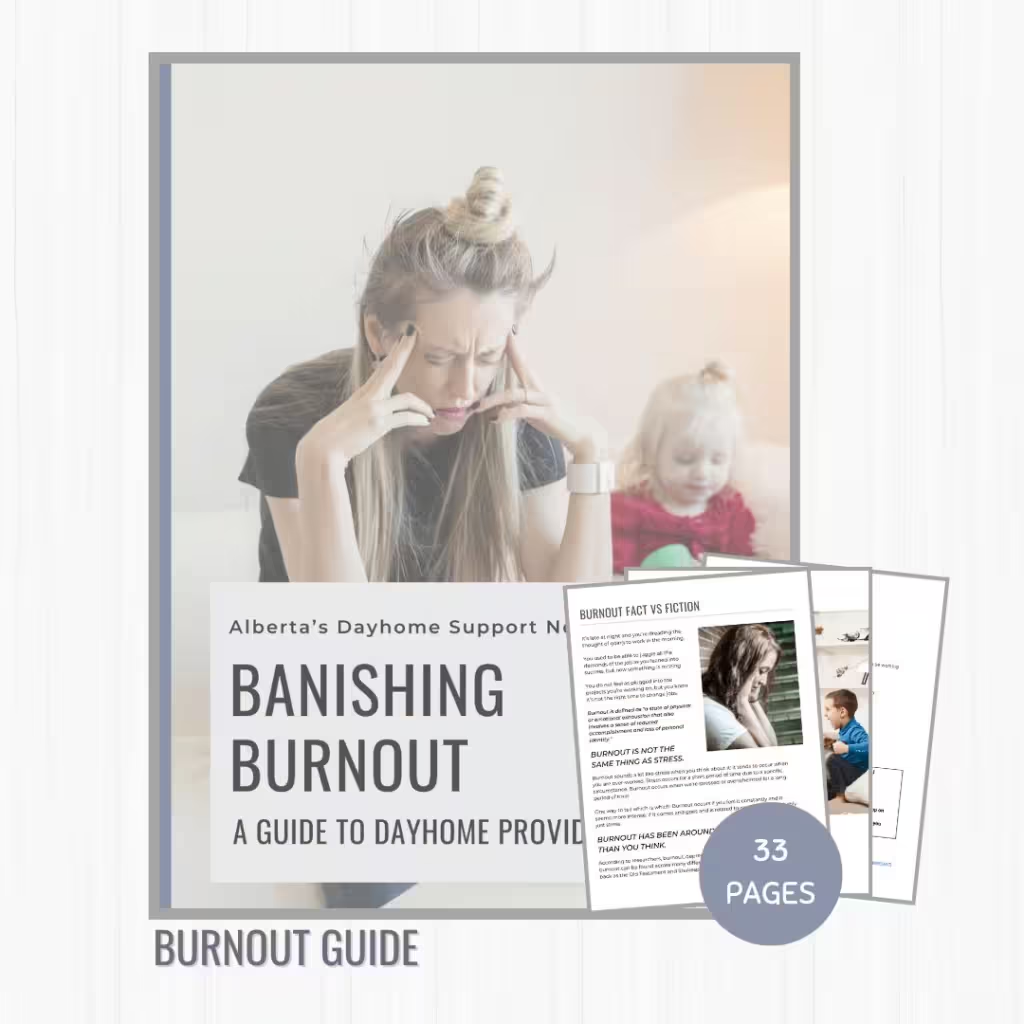
Download Our Free Burnout Guide
An active ADSN Provider Account is required to download our Burnout Guide. Fill out the form below to download this resource and we’ll sign you up for a free account.
Why do you collect my postal code? We collect postal codes from our registrants to help us track where our participants are located so that we can ensure we are providing adequate supports to those areas.
CHECK OUT SOME OF OUR RESOURCES

